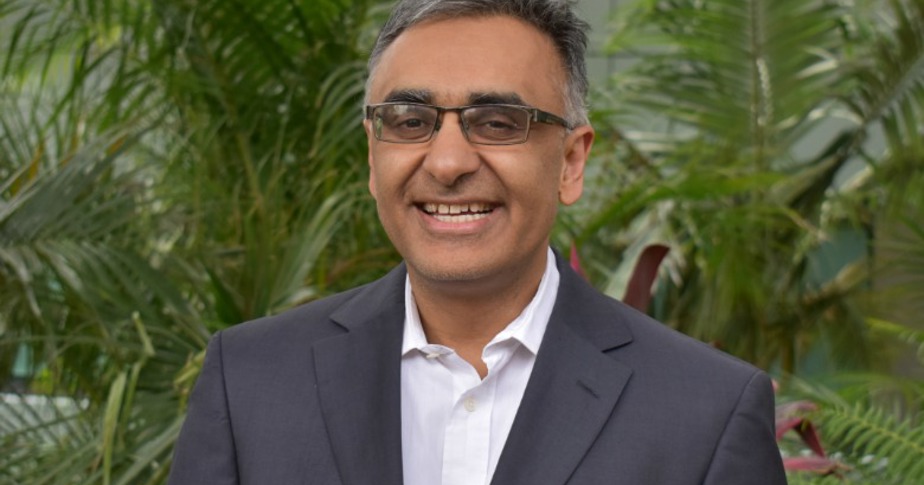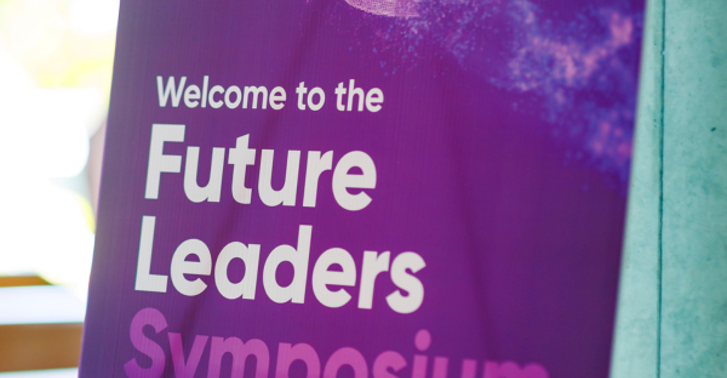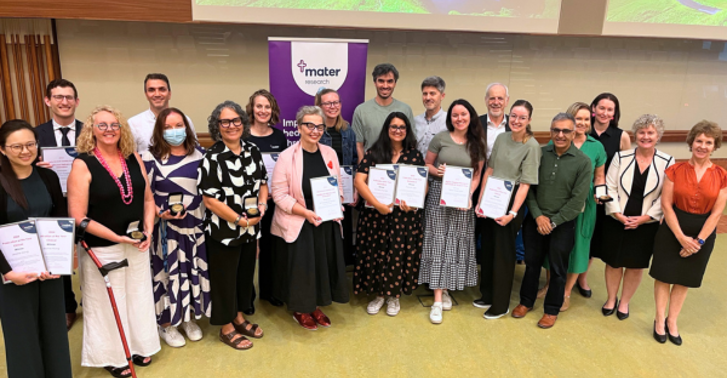
Mater Research Executive Director Professor Maher Gandhi says a $2.8 million grant awarded to his team by the Medical Research Future Fund (MRFF) provides an exciting opportunity to trial a new immunotherapy to treat a rare but devastating blood cancer.
The ground-breaking Australasian Leukaemia Lymphoma Group Phase I study will use front-line immunotherapy to target the unique viral-immuno-biological features of Epstein-Barr virus-associated Diffuse large B-cell lymphoma.
EBV-associated Diffuse large B-cell lymphoma is a rare and devastating form of blood cancer that has high rates of relapse and very poor survival rates. There is currently no effective treatment against the disease.
Professor Gandhi, who heads the Blood Cancer Research Group, said the five-year MRFF grant provided a welcome boost to his research.
“We want to provide a highly targeted but relatively well-tolerated therapy that eradicates disease and prevents relapse by restoring immunity,” Professor Gandhi said.
“The immunotherapy we have developed works in two ways. First, we give an antibody that boosts the immune system, and then we take out some of the patient’s own cells and expand them in the laboratory and then give them back.”
“Our initial studies on this immunotherapy have produced promising results, and this MRFF funding allows us to progress it to a Phase-I trial that brings is another step closer to the clinic.”
The trial is a collaborative study with the Australasian Leukaemia Lymphoma Group. It is open to patients with EBV-associated Diffuse large B-cell lymphoma and will be run through hospitals across Australia until later 2022.
Eligible patients will need to be referred to the trial by their haematologists.
The study builds on Professor Gandhi’s previous research that was funded by the Mater Foundation.
The trial is one of 27 projects to receive funding under the MRFF’s 2021 Rare Cancers, Rare Diseases and Unmet Need grants round which aims to increase clinical trial activity in Australia for rare cancers and rare disease by supporting new, high quality research.
The Federal Government said the grants also encouraged novel and innovative clinical trial methodologies, such as the application of precision medicine to take individual genetic variation into account in disease treatment.



